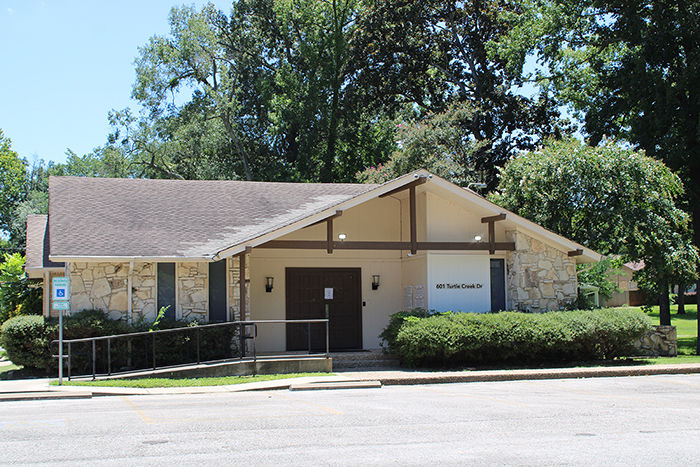Compassion efforts begin with listening
Published 7:41 pm Tuesday, December 9, 2014
Want to learn about a topic? Consult an expert. That bit of common sense, sadly, is often lost on policy makers at the local, state and national levels. At least, they don’t always consult the right experts.
When it comes to poverty, the real experts are all around us — in fact, as one truly authoritative voice on the matter tells us, they “will be with us always.”
Trending
It should come as no surprise to us that the poor are experts on poverty.
That’s a point being made nationally, as the Urban Institute’s Molly M. Scott calls for the social service sector to pay more attention to what their clients have to say. The point is also being made locally, as three area groups host the “Cost of Poverty” seminar, which will help teach people what it means — what it really means — to be poor.
Ms. Scott contends that “much of our social service structure functions on submerged assumptions about the poor that have little or no mooring in actual client experience.”
She’s gives some examples, such as the experience of the CEO of a large food bank.
“For years, his food bank had established rules for how many times a month clients could come for food,” she recounts. “But, challenged by a new Feeding America initiative to put clients at the center of efforts to end hunger, he woke up one morning and realized, ‘Wow — we never even asked any of the clients how long food lasted or how frequently they needed to come!'”
Anti-poverty efforts should rely on data, she contends.
Trending
“The trouble is that, absent a large grant or contract, most nonprofits and local governments simply don’t have the money to contract out this formal data collection to professionals with the kind of frequency or duration needed to really make a difference,” Ms. Scott says.
So staffers rely on old methods and models, many of which are out of date or just out of touch.
“To genuinely learn from and collaborate with the people served by our poverty programs, we all need to think more about how to sustain a meaningful, ongoing, multidirectional dialogue,” she says.
The foundation for such a dialogue will be laid in Tyler on Friday, when the East Texas Human Needs Network will collaborate with Tyler ISD and Green Acres Baptist Church to present the Cost of Poverty, an opportunity for community leaders, practitioners and volunteers to learn about poverty in Smith County.
A key part of that seminar will be a poverty simulation, which will allow East Texans to experience for themselves what poverty actually means, on a day-to-day basis. The seminar will be followed up in January with a course on “Getting Ahead in a Just Gettin’ By World.” The poverty experts — those who are living the experience, will share their personal stories to give a voice to the struggles of people in this community, according to information provided by Andria Horton, who is leading the program.
Compassion means coming alongside those who suffer. It also means listening to them.







